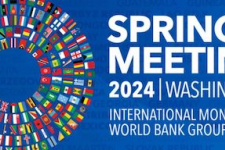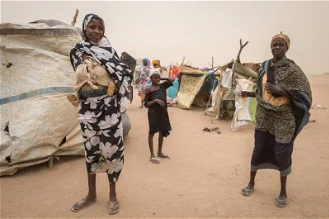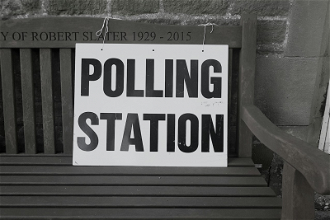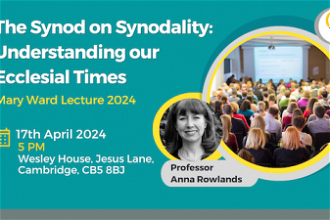CAFOD: 'Urgent response to Syria conflict is vital but G20 must not neglect long-term crises'

Long-term, chronic crises of global unemployment, unsustainable levels of inequality, economic instability and persisting poverty must not be sidelined by the G20, says Catholic development agency CAFOD.
As world leaders arrive in St Petersburg, Russia, this year's summit is set to be dominated by debate on Syria. While concerted action to bring about peace is vital, it must not be forgotten that for millions of the world's poorest communities the global economic downturn is increasing their vulnerability.
CAFOD's lead economic analyst Christina Chang said: "It is right that global leaders take the opportunity to discuss the urgent, humanitarian crisis in Syria. CAFOD is calling on the UK government and the international community to do much more to push for peace. We want the UK government to work to ensure an immediate ceasefire in Syria and to bring everyone involved in the conflict to a peace conference. We’re also calling on all sides in Syria to respect international humanitarian law, and to allow aid to reach all those in need.
"But it must not be ignored that longer-term crises have also cost millions their homes and livelihoods and the G20 has the power and mandate to improve that situation.
"Economic slumps in emerging economies and high levels of unemployment in rich countries demonstrate that the G20's job is a long way from being finished.
“Five years on from the economic crisis and at the end of its first action plan on development, this year is a useful time for the G20 to reflect on how well it has served the poorest people, and on the extent to which it has fulfilled its purpose to make the global economy fairer, more stable and more environmentally sustainable.”
As the World Bank warns that we need to create 600 million new jobs in the next fifteen years, the World Economic Forum cites the risks to the global economy generated by rising inequality and the world is beginning to develop new ambitious goals to tackle global poverty for 2015, the G20 must honour its critical role as the self-appointed forum to fix the global economy.
This is a watershed year for the G20 as it comes to the end of its first action plan on development. It is also five years since the G20 came together as a result of the ongoing economic crisis to address the shortcomings of the global economy.
The G20 is making progress – starting to tackle tax avoidance, to look at the flaws in the international monetary system and shifting their focus to job creation, not simply focussing on growth - all these matter for entrepreneurs in developing countries. Without such action small and micro businesses suffer from the economic volatility or lack of public funding for essential infrastructure and basic services that can result.
Yet the G20 has much work to do before its promise of a global economy that promotes sustainability, jobs and improving social impact is realised.
World leaders have three critical core tasks at this summit: to develop a new, ambitious plan on development so that poor, small-scale entrepreneurs can lift themselves out of poverty and contribute to their national and global economic progress; to ensure that its core agenda of fixing global economic governance also achieves the transformation of the global economy needed to fight poverty, and finally to continue to improve how it works with developing country governments and civil society – without which it will not be able to achieve these goals.
To read more on what the G20 must do to support the poorest people find the briefing paper here: http://bit.ly/17zew3Z or contact cchang@cafod.org.uk in St Petersburg for a copy.





















